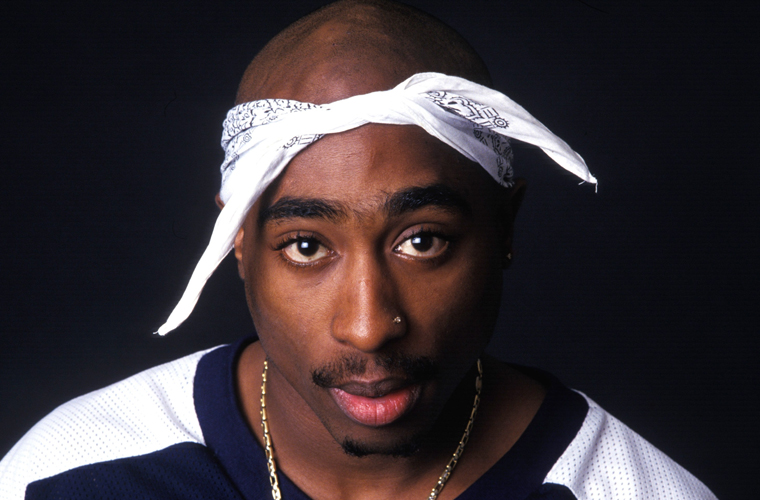Tupac Shakur, also known by his stage name 2Pac, was an influential American rapper and actor. Born on June 16, 1971, in East Harlem, New York City, Tupac’s impact on the music industry and popular culture continues to be felt long after his untimely death. Tupac’s early life was marked by struggle and hardship. Raised by a single mother, Afeni Shakur, Tupac often found himself moving between different cities and neighborhoods, experiencing poverty and violence along the way. These early experiences would later shape his music and influence his outspoken advocacy for social justice and equality.
Tupac’s career in the music industry began in the late 1980s when he joined the hip-hop group Digital Underground as a backup dancer and rapper. His talent and charisma quickly propelled him to the forefront of the group’s success, leading to the release of his debut solo album, “2Pacalypse Now,” in 1991. The album addressed themes of racism, police brutality, and social inequality, establishing Tupac as a voice for the disenfranchised and marginalized. Throughout his career, Tupac released several critically acclaimed albums, including “Strictly 4 My N.I.G.G.A.Z…” and “Me Against the World,” which showcased his lyrical prowess and emotional depth. His music often delved into personal struggles, inner-city life, and the complexities of human existence, earning him a dedicated fan base and widespread recognition as one of the greatest rappers of all time.
Beyond his music, Tupac was also known for his acting career, appearing in films such as “Juice,” “Poetic Justice,” and “Above the Rim.” His performances on screen further solidified his status as a multifaceted artist with a powerful presence and undeniable talent. Tupac’s life was tragically cut short when he was fatally shot in a drive-by shooting in Las Vegas on September 13, 1996. His death sent shockwaves through the music industry and left a void that has yet to be filled. Despite his untimely passing, Tupac’s legacy endures through his music, poetry, and activism, inspiring countless artists and activists to this day.
In addition to his artistic contributions, Tupac’s impact on popular culture extends to his outspoken advocacy for social and political causes. He fearlessly addressed issues such as systemic racism, poverty, and the struggles of the inner city, using his platform to shed light on the injustices faced by marginalized communities. His unapologetic approach to addressing these issues earned him both praise and criticism but solidified his reputation as a fearless advocate for change.
Tupac Shakur’s influence can still be felt in today’s music and culture, with artists continuing to draw inspiration from his raw honesty and unapologetic authenticity. His legacy serves as a reminder of the power of art to provoke thought, inspire change, and transcend boundaries.
Tupac Shakur’s impact on the music industry and popular culture is immeasurable. His artistry, activism, and uncompromising spirit continue to resonate with audiences around the world, solidifying his status as a cultural icon. Though he may no longer be with us, Tupac’s legacy lives on through his timeless music and enduring influence.


